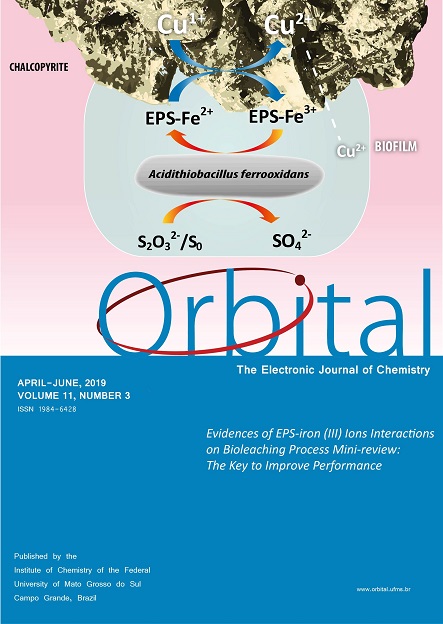Published 2019-07-06
Keywords
- icosahedral phase,
- mechanical alloying,
- characterization,
- quasicrystal Al63Cu25Fe12
How to Cite
Abstract
The present work aimed to characterize the microstructure of the icosahedral phase (quasicrystalline phase-ϕ) of the system with stoichiometric composition of the quasicrystal Al63Cu25Fe12. The ternary alloy with nominal composition of Al63Cu25Fe12 was processed by mechanical alloying (MA) as a viable solid state processing method for producing various metastable and stable quasicrystalline phases. The structural characterization of the obtained samples was performed by X-ray diffraction (XRD) and scanning electron microscopy (SEM), while the elemental composition was determined by dispersive energy spectroscopy (DES). The diffraction patterns of Al63Cu25Fe12 showed the presence of quasicrystalline phase-ϕ, ω-Al7Cu2Fe, β-Al(Fe, Cu) and λ-Al13Fe4 phases that coexist with the thermodynamic quasicrystalline phase-ϕ. In icosahedral phase oxidation of aluminum forms a dense layer on the passivating outer most surface of the quasicrystal which causes depletion in both copper and iron. It was observed not only the presence of alumina, γ-Al2O3, but also the formation of hematite and copper oxide in the dense layer. Finally, elemental analysis indicates that during alloy synthesis there is little variation of the ideal composition. The results indicate that alloys with high percentage of icosahedral phase can be obtained by casting in the air.

